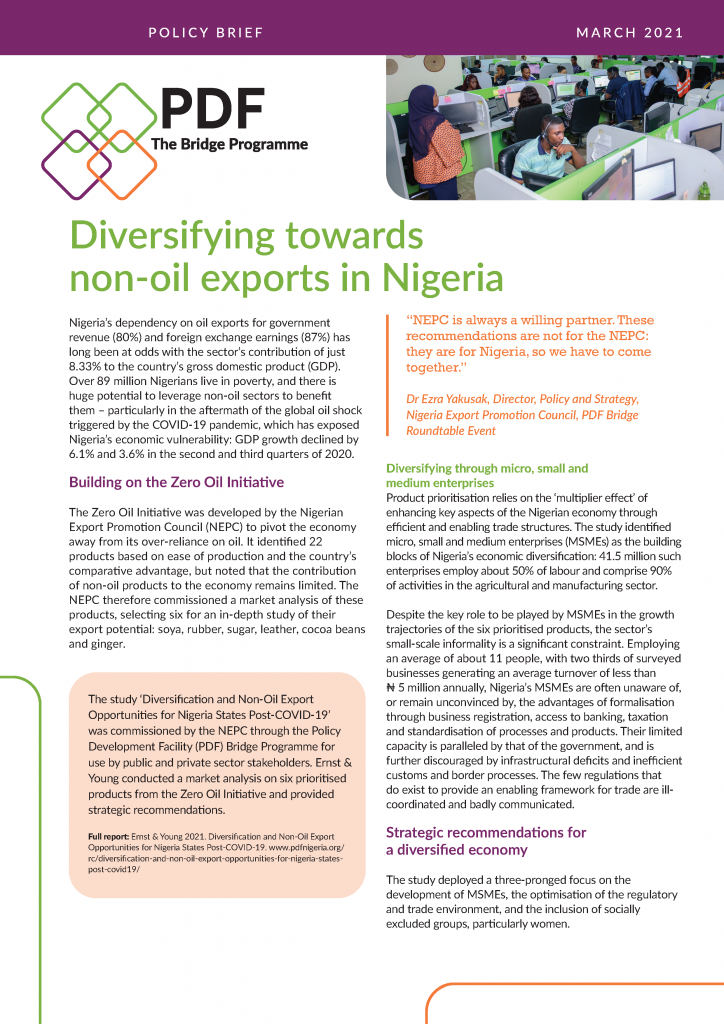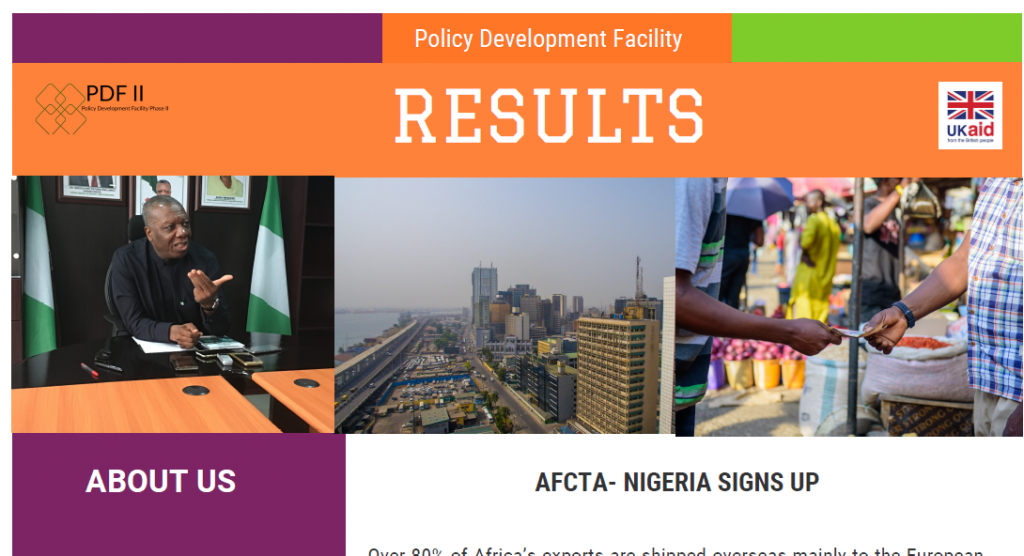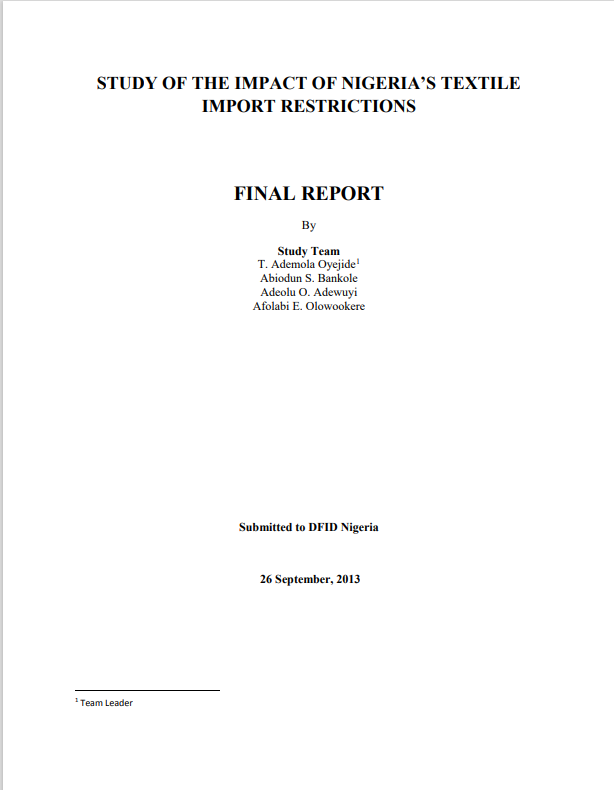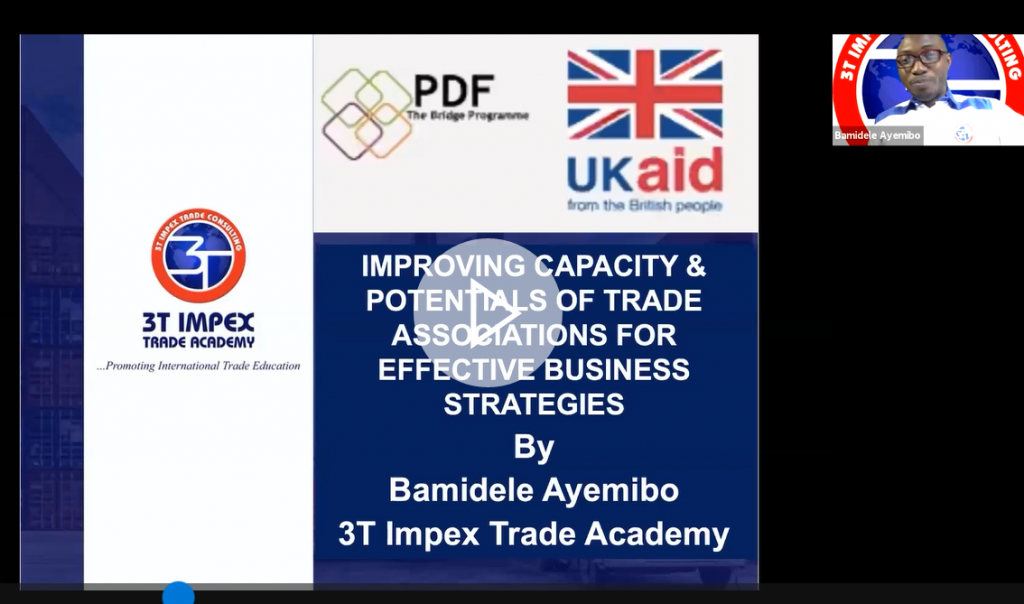Continuous and consistent implementation of the Export Expansion Grant (EEG) has been identified as crucial to the diversification agenda of the Federal Government of Nigeria (FGN). Despite its importance, however, the programme has experienced various implementation challenges and, at least, three suspensions since inception. The aim of this study is to provide evidence-based information on EEG implementation to guide relevant stakeholders to reform and reposition the scheme for greater effectiveness. The study aims to specifically analyse the impact of the grant on the beneficiaries prior to suspension in 2013 and the post-suspension implementation from 2017. It also investigates the challenges faced by beneficiaries in their attempts to access the grant. The study applied both primary through survey and secondary data through desk review to address the set objectives of the study. The survey was conducted through three methods: (i) administration of questionnaires, (ii) Key informant interviews (KII), and (iii) focused group discussions (FGD).
ANALYSIS AND IMPACT OF THE EXPORT EXPANSION GRANT ON EXPORT POTENTIAL, MARKET ACCESS AND EXPORT COMPETITIVENESS IN NIGERIA
File type: PDF
Number of pages: 55
File size: 2.3MB
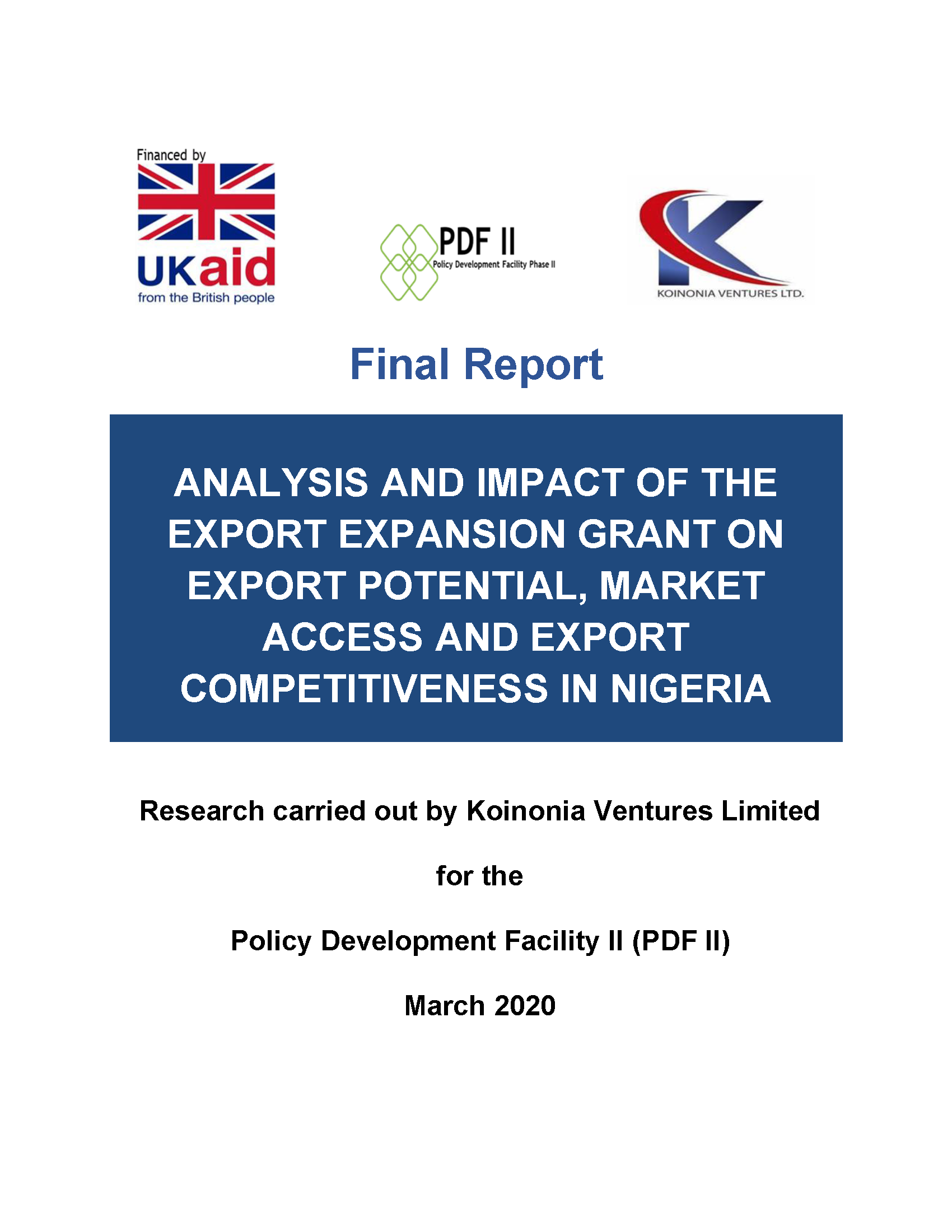
Associated resources
The study ‘Diversification and Non-Oil Export Opportunities for Nigerian States Post-COVID-19’ was commissioned by the NEPC through the Policy Development Facility (PDF) Bridge Programme for use by the public and private sector stakeholders. Ernst & Young conducted a market analysis on six prioritised products from the Zero Oil Initiative and provided strategic recommendations.
PDF Bridge has now developed a policy brief for stakeholders to highlight the key issues and recommendations. The full study can be accessed here.
Nigeria signed up to the AfCFTA on the 7th of July, 2019. This outlines how PDF contributed to the process that led up to the signing.
This study focuses on the determination of the impact of Nigeria’s textiles import restriction. Specifically, the study describes the structure of the global and Nigeria’s textile industries as well as the global value chain, and the policy environment surrounding the industry in a global and national perspective. It was conducted in 2013 with support from FCDO (formerly DFID).
PDF II held a two-day capacity building training themed: “Capacity Building for Banks and DFIs”. This is designed to explore access to finance challenges, awareness campaigns, and opportunities that non-oil exporters face with banks in accessing finance. The capacity building covered topics such as Export Industry Regulations and Documentations, payment methods and trade finance instruments, Handling export finance options, managing export risks, understanding the franchising potential etc.
Trade Associations play a role in promoting appropriate policies, regulations, and necessary reforms relating to their sector of operations. They create opportunities for networking and consultations among industry players as well as being a voice when it comes to new regulations and legislations while encouraging best practices among its members. According to Peter Gomersall[1], trade associations exist to support their members and further their interests, to defend them when they are under threats and to promote a common position on issues affecting the environment in which they operate.
Given the foregoing, the PDF Bridge Trade Policy Workstream organised a two-day capacity-building session targeted at strengthening the leadership of non-oil export-related trade associations and improve on their business strategy to position them to take advantage of the opportunities in the non-oil export value chain. The sessions had in attendance delegates from government agencies such as FMITI, NAQS, FMARD, NOTN, CBN as well as executives of trade group drawn from various industries including agricultural commodities farmers, agricultural commodities exchange and aggregators, industrialists, agro-processors, women, and youth development groups, textile and apparel among other participants.
[1] https://www.iiste.org/Journals/index.php/JEDS/article/download/7852/8030

